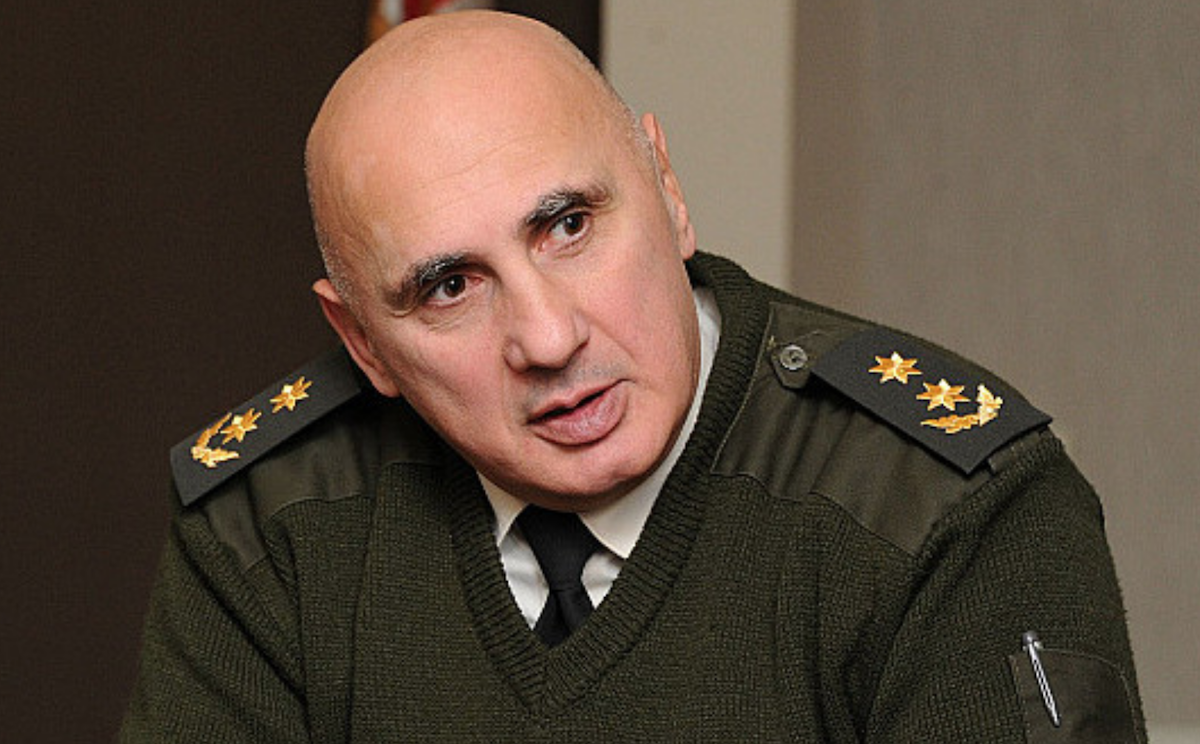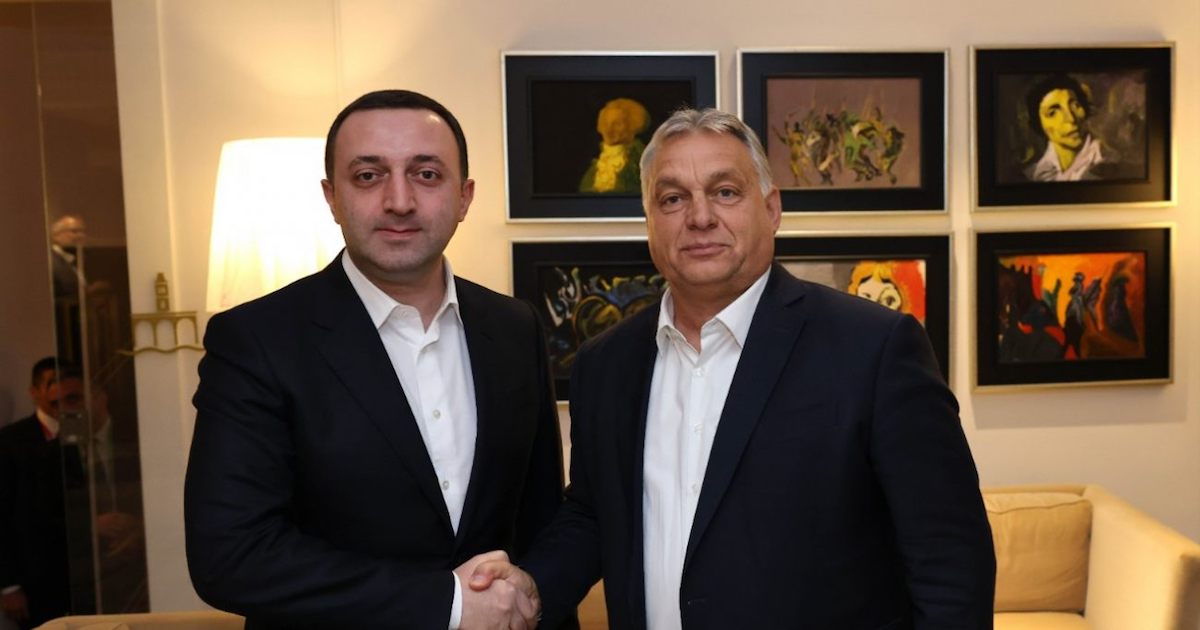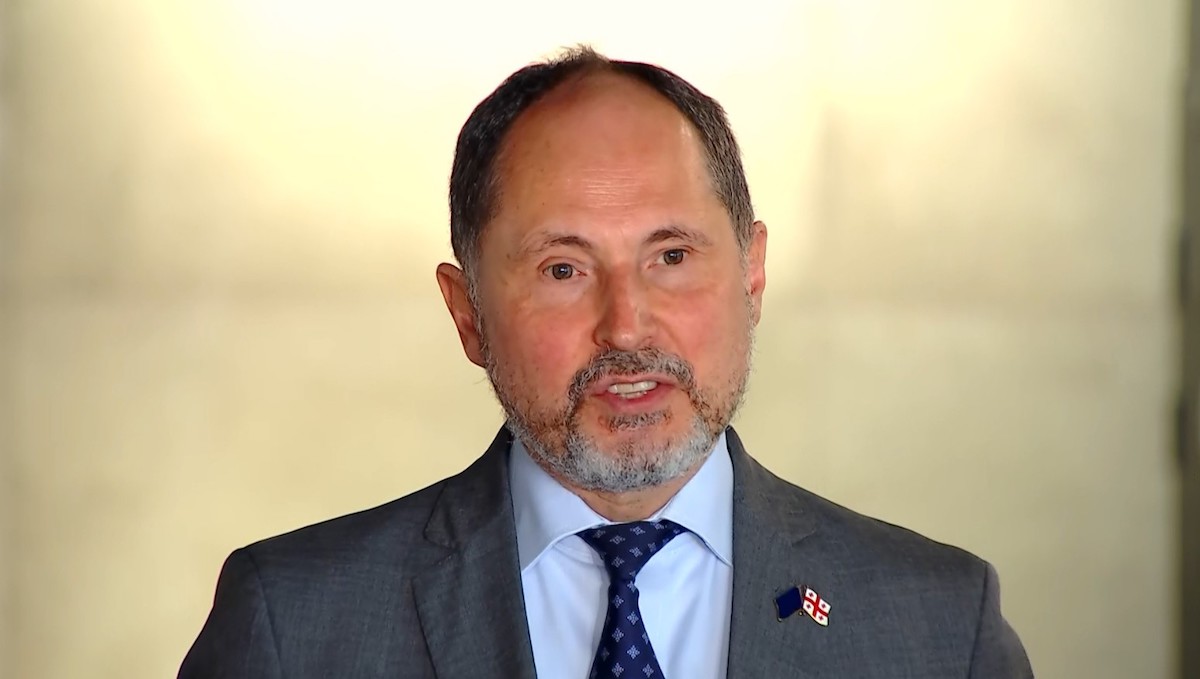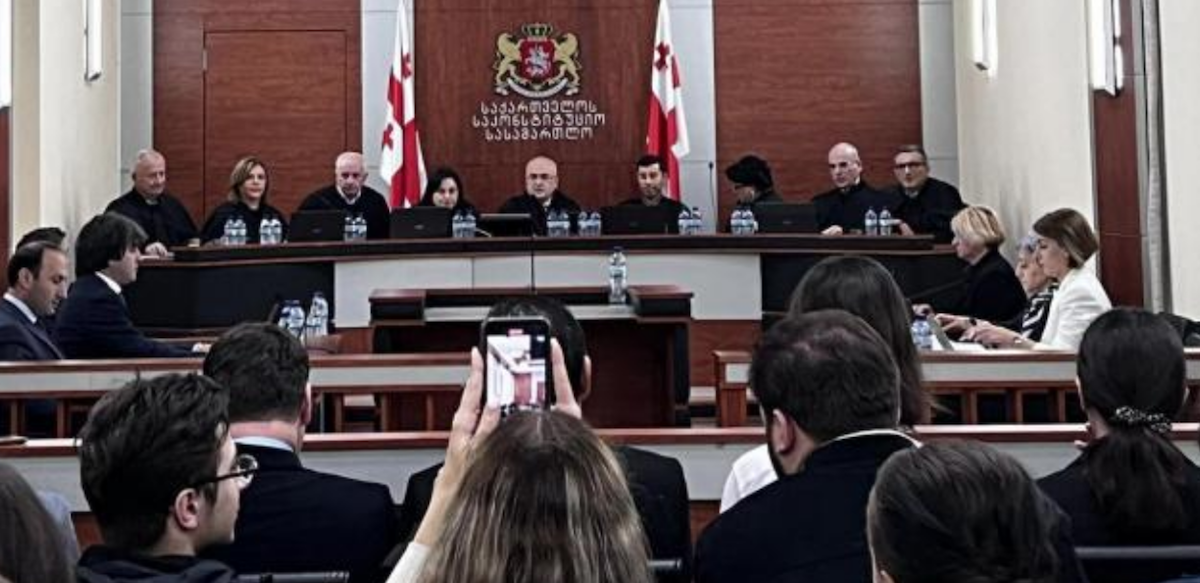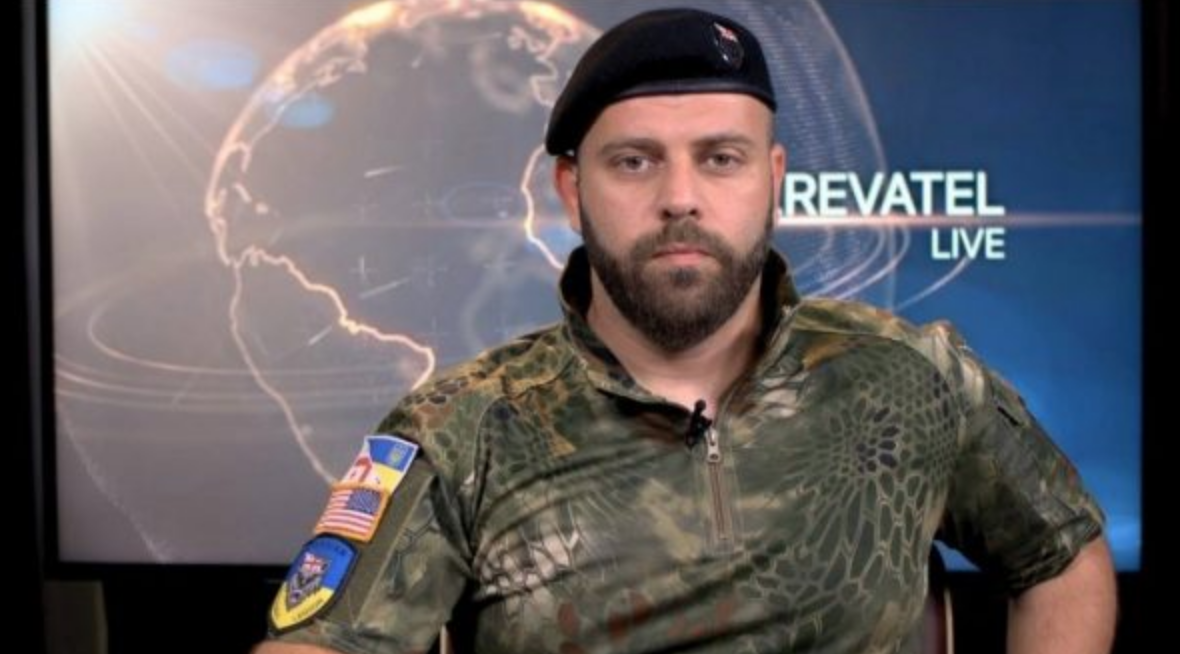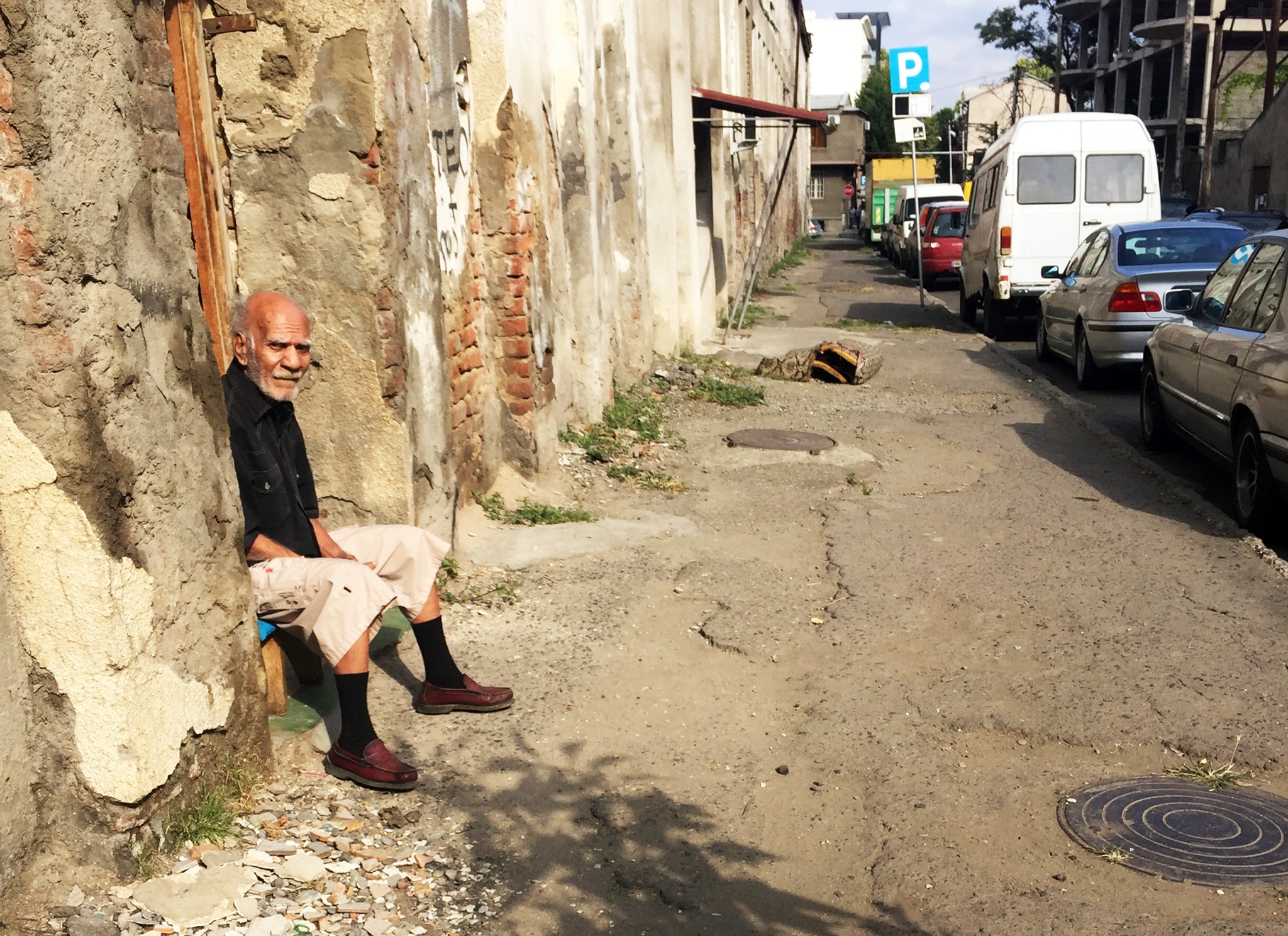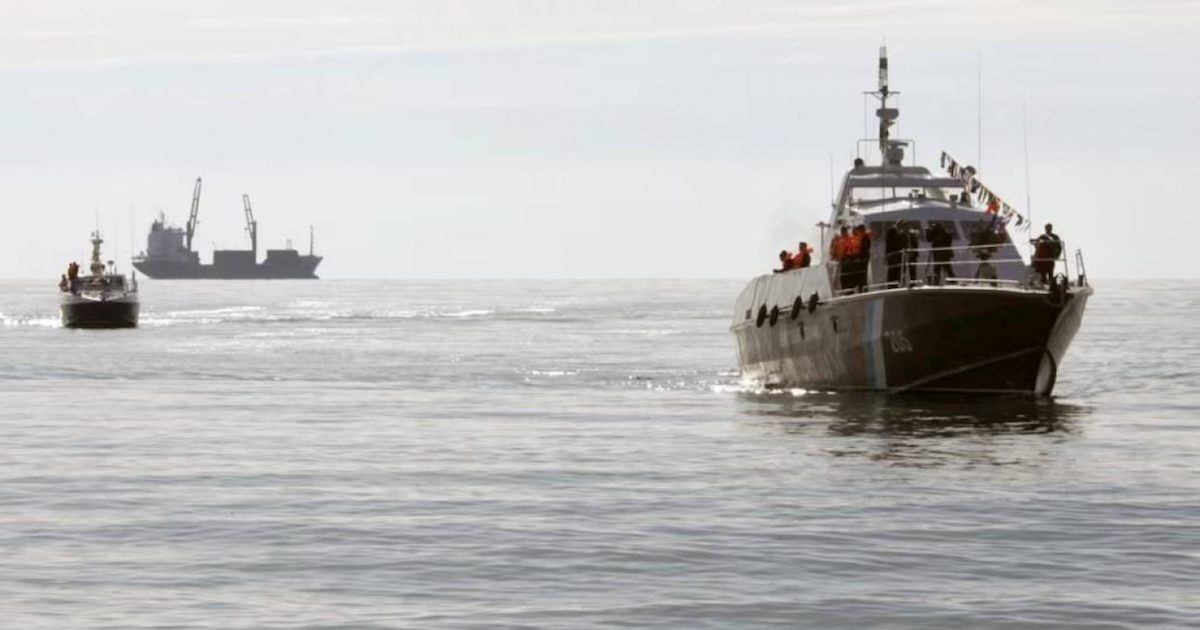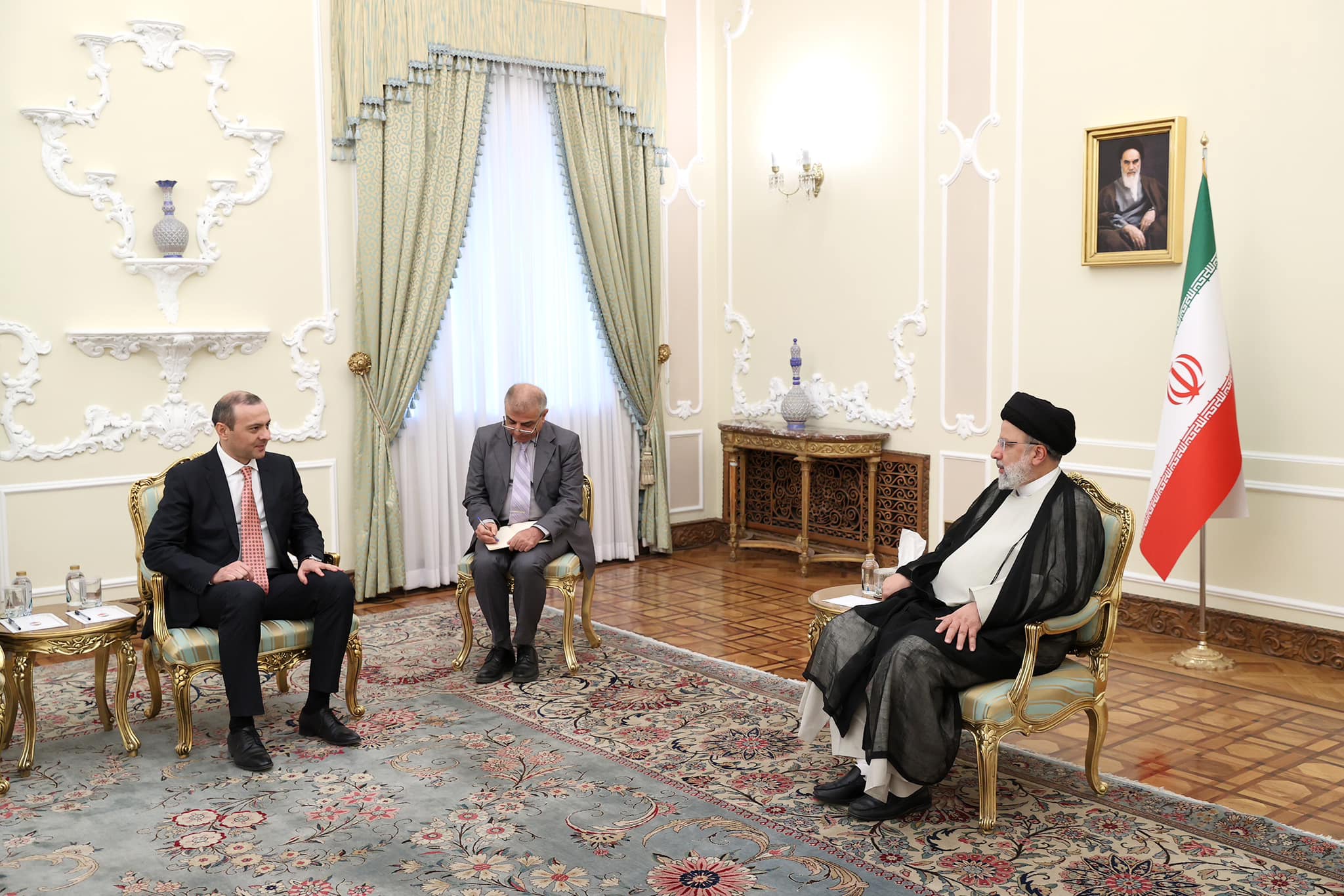Outcome of the quadripartite meeting in Granada
“The statement adopted at the end of the quadripartite meeting held in Granada annulled the November 9, 2020 trilateral document signed by the leaders of Armenia, Azerbaijan and Russia at the end of hostilities in Karabakh,” political analyst Gurgen Simonyan believes.
He explains that the text of the Granada statement “recognizes the legitimacy of the countries’ services and laws in relation to their sovereign territories, while the November document implied the presence of Russian special services – Russia’s FSB – on them.”
The day before, Armenian Prime Minister Nikol Pashinyan, French President Emmanuel Macron, German Chancellor Olaf Scholz and European Council President Charles Michel held a quadrilateral meeting in Granada, within the framework of the third summit of the European Political Community.
Azerbaijani President Ilham Aliyev refused to participate in the meeting, citing France’s biased position. In addition, he proposed to invite the Turkish president, which was opposed by Paris and Berlin.
Main provisions of the statement adopted in Granada, as well as a commentary by an Armenian political scientist.
Provisions of the statement adopted in Granada
European Council President Charles Michel, French President Emmanuel Macron and German Chancellor Olaf Scholz
- emphasized their unwavering support for the independence, sovereignty, territorial integrity and inviolability of Armenia’s borders,
- expressed their support for the strengthening of EU-Armenia relations in all dimensions, based on the needs of the Republic of Armenia,
- agreed on the need to provide additional humanitarian assistance to Armenia, as the latter is facing the consequences of the recent mass resettlement of the Armenians of Nagorno-Karabakh,
- emphasized that these refugees should be able to freely exercise their right to return to their homes and places of residence unconditionally, under international supervision and with due respect for their history, culture and human rights,
- expressed their commitment to all efforts aimed at the normalization of relations between Armenia and Azerbaijan on the basis of mutual recognition of the sovereignty, inviolability of borders and territorial integrity of Armenia (29,800 km2) and Azerbaijan (86,600 km2),
- called for strict observance of the principle of non-use of force and threat of use of force,
- emphasized the urgent need to work on the delimitation of the border on the basis of the USSR General Staff maps provided to the sides, which should also be the basis for the withdrawal of forces, the finalization of the peace treaty and the resolution of all humanitarian issues,
- called for the opening of all borders, including the border between Armenia and Turkey, as well as the opening of regional communications on the basis of full respect for the sovereignty and jurisdiction of the countries, as well as on the basis of the principle of equality and reciprocity,
- called for the release of all detainees and for cooperation to resolve the fate of the missing and to facilitate demining efforts.
Commentary
Political analyst Gurgen Simonyan believes Armenia could not have “favorable positions” in the negotiations after its defeat in the 44-day war in 2020.
“It can only count on relatively convenient realities, but Azerbaijan demands much more. Armenia is trying to secure for itself the territories of the Armenian SSR that were under its control during the Soviet Union. But Azerbaijan disputes this too,” he said, commenting on the issue of border demarcation and the map on which it should be carried out.
The political analyst believes that the participation of the Armenian delegation in the meeting in Granada, as opposed to the boycott by Azerbaijan, shows that Armenia has a more constructive position and is ready to promote the peace agenda.
According to Gurgen Simonyan’s assessment, it can be stated that Azerbaijan has always set itself the goal of not only achieving the desired solution to the Nagorno-Karabakh issue, but has also pursued and is pursuing “a policy of complete disintegration, destruction of Armenia’s sovereignty. And this makes all the adopted agreements “untenable and impossible”.
“We need to realize that for peace two sides are needed, and for war one is enough. If they boycott this agenda, the situation will become even more aggravated.”
Referring to the provisions of the statement on Nagorno-Karabakh, the political analyst noted that it uses the terms “mass resettlement” and “refugees.”
“This means that they were deprived of their homeland, subjected to patriocide, which is a phenomenon containing elements of genocide. In the future, Azerbaijan may be accused of committing genocide, and the Kosovo version may work here”.
According to Simonyan, in the current situation the return of NK Armenians to their homeland, to their homes seems unrealistic, but it may eventually become possible.
“If it is possible to send a peacekeeping mission to Artsakh under the auspices of the UN, if the Berdzor corridor [Lachin corridor] operates unhindered, if the border zones are demilitarized, it is not excluded that they will return,” he explained.
When asked by JAMnews what we can expect from the “strengthening of EU-Armenia relations” and “preparation of a joint EU-US event” announced by European Commission head Ursula von der Leyen after her meeting with Pashinyan, the political analyst said:
“We can expect a strategic reversal [of Armenia’s foreign policy vector]. We should realize that Armenia has no alternative. It is necessary to break military-political and economic ties with all hostile parties and try to structure new realities based on our national security.”
According to him, by ratifying the Rome Statute, Armenia showed itself as befits a sovereign state, acting in its national interests. And it was “a much more serious step than leaving Russia’s CSTO military bloc.”
“We are talking about a political and legal U-turn. Now the withdrawal from the Russian CSTO and EAEU blocs are just a consequential, subsequent important step to be taken,” he said.
On October 5, the Armenian Prime Minister also met with the President of the European Commission Ursula von der Leyen in Granada. Following the meeting, a joint statement was adopted, which also states that “in the long term, the European Union and Armenia are determined to strengthen their economic ties”. Ursula von der Leyen informed Nikol Pashinyan about “the preparation of a joint EU-US event in support of Armenia”.
Follow us – Twitter | Facebook | Instagram
Outcome of the quadripartite meeting in Granada
The post “Granada annulled the 2020 trilateral declaration”. Opinion from Yerevan first appeared on The News And Times – thenewsandtimes.com.

